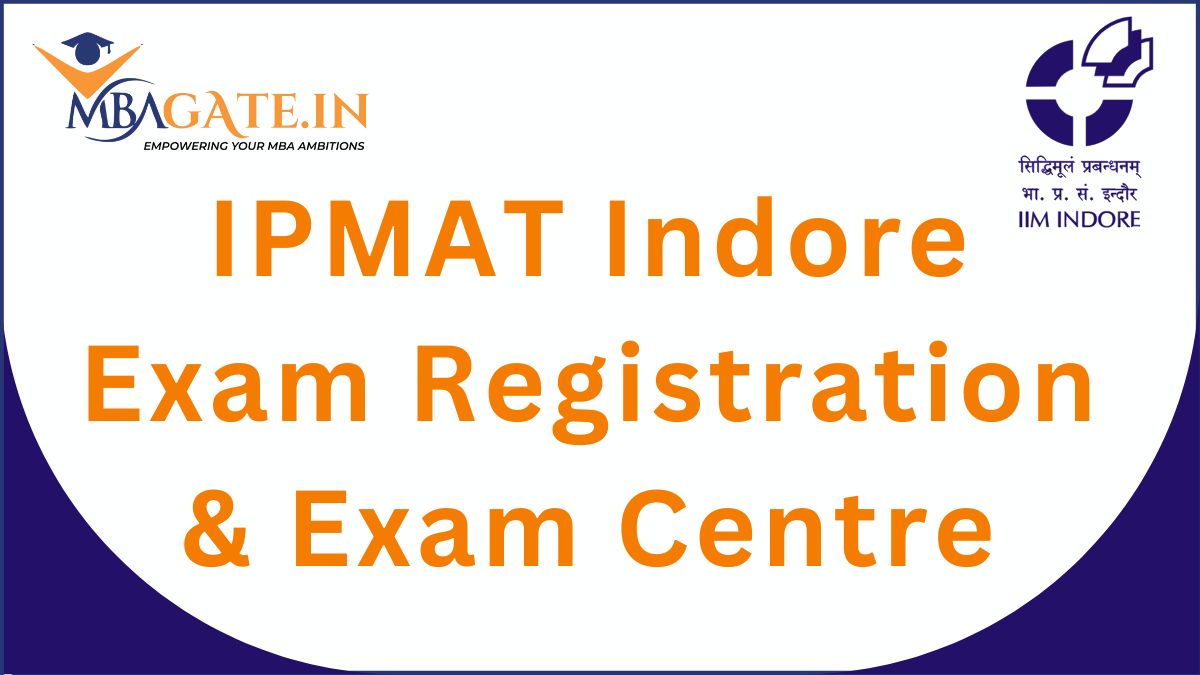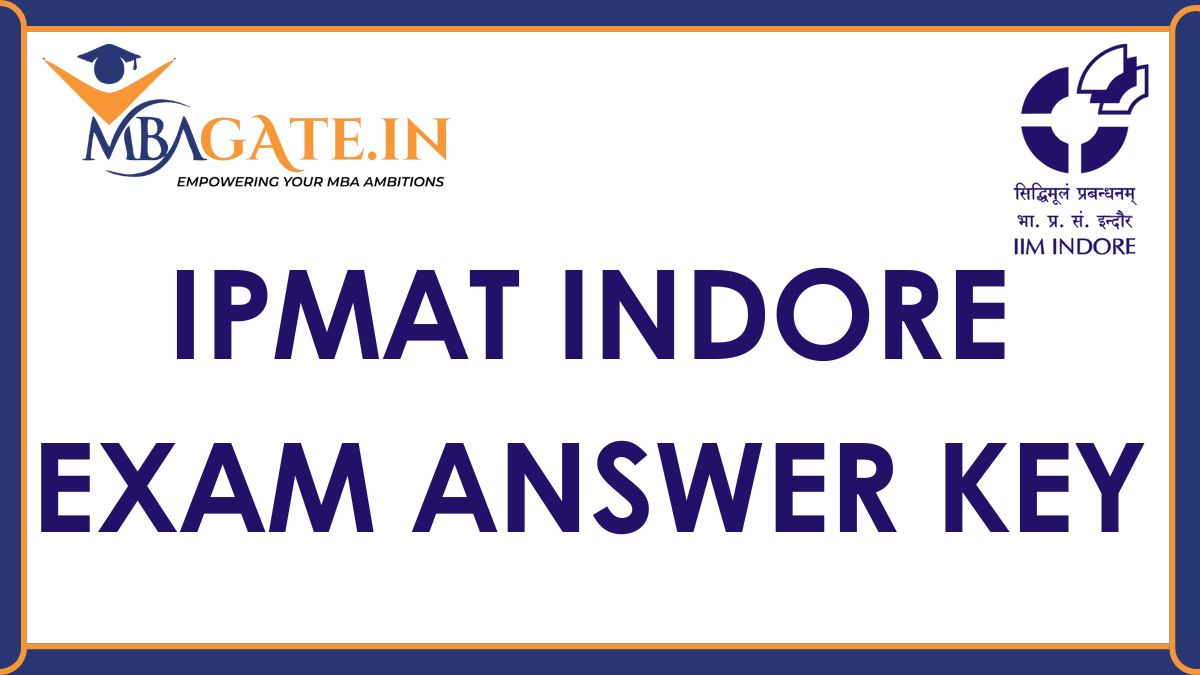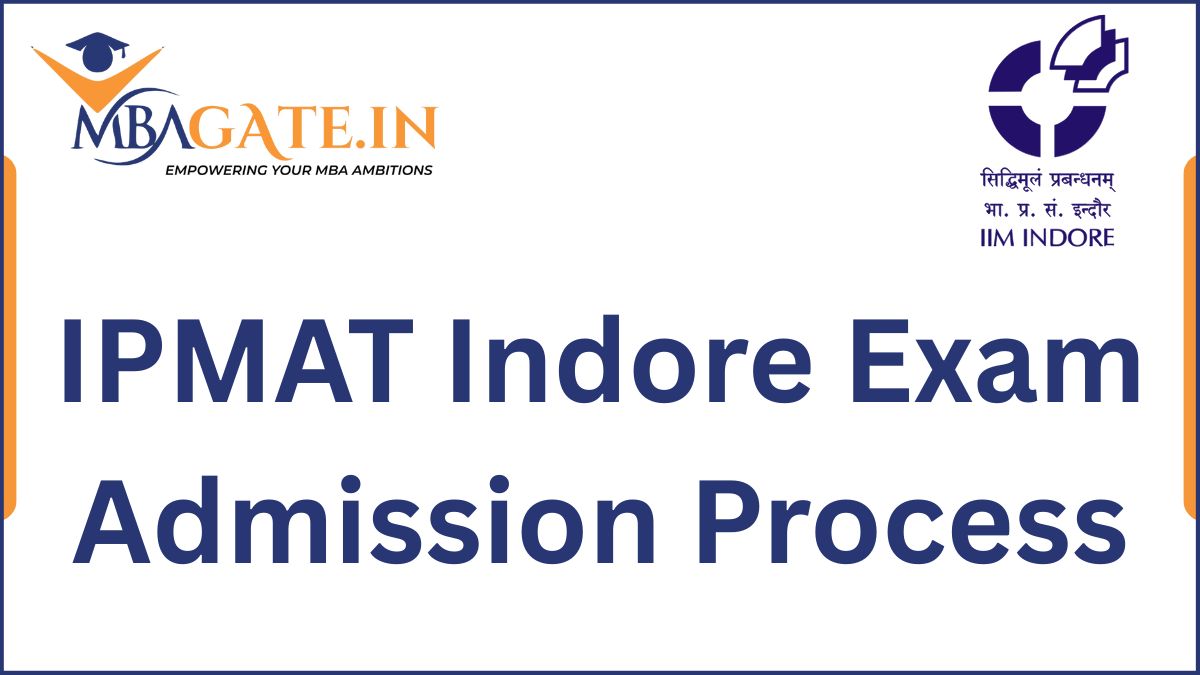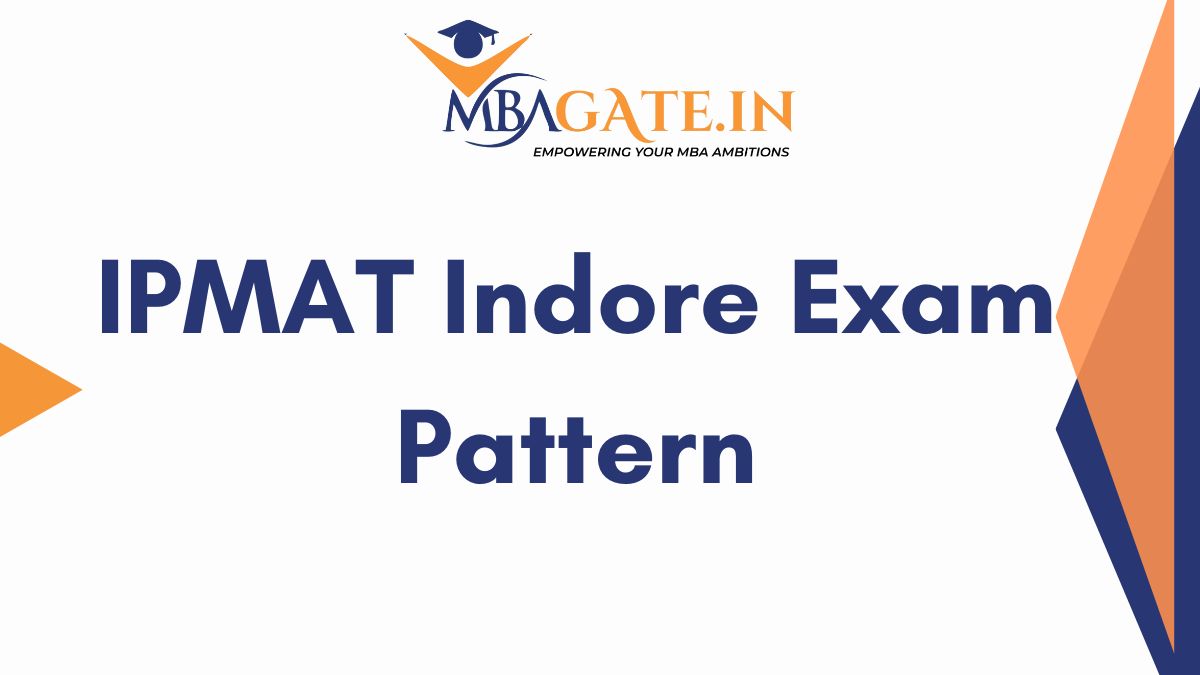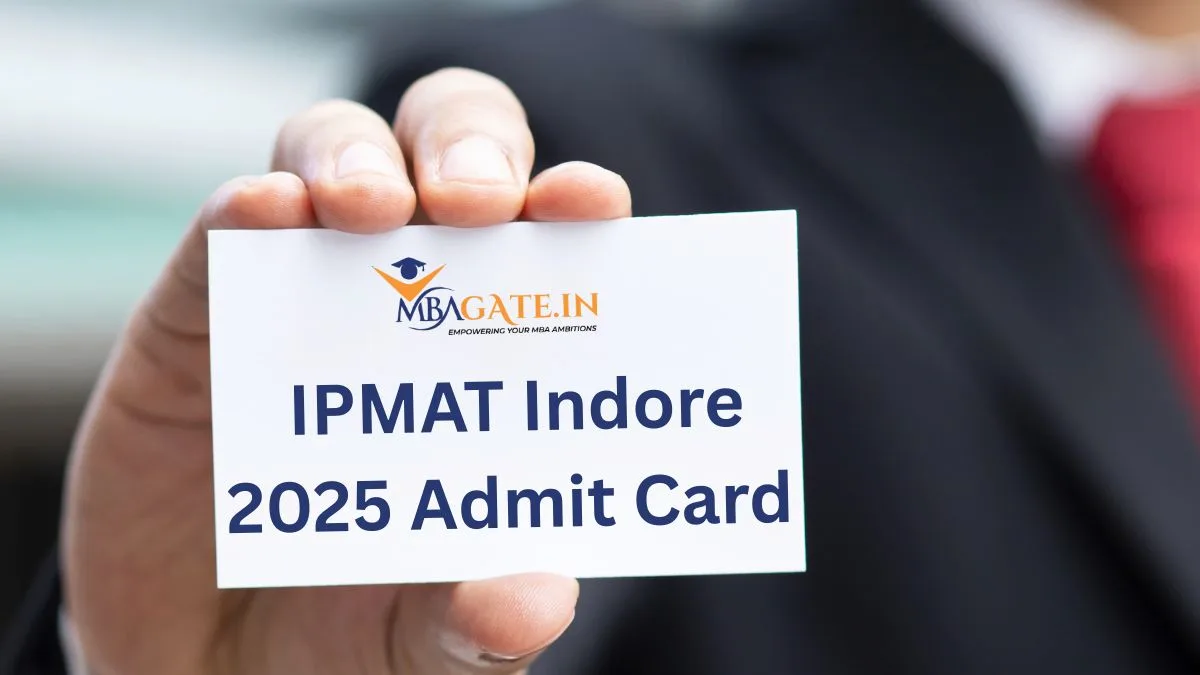IPMAT Indore Syllabus 2026: Section-Wise QA & Verbal Ability Details
Table of Content
-
- + more items Show less
Mathematics skills and problem-solving ability are checked in the Quantitative Ability Section. The QA portion covers the subjects: Arithmetic, Algebra, Geometry, Number systems and modern math. There are two kinds of questions involved in quantitative ability MCQ and short answer
Verbal ability checks the English proficiency of the candidates. It includes topics like vocabulary and grammar, comprehension reading, para jumbles and sentence correction.
The IPMAT exam is conducted online. The exam is conducted for two hours. Except for the short-answer questions, all the MCQ questions involved negative marking for wrong answers.
The candidates will face PI only after clearing the written test. The total exam results, PI, and academic record will be taken into consideration for the final selection. With proper effort and concentration, a candidate can clear this exam and join IIM Indore's IPM program.
IPMAT Indore 2026 Syllabus
The IPMAT is an entrance test that checks the aptitude of aspiring students in three sections quantitative ability MCQs, quantitative ability short answers and verbal ability. There are 90 questions in this examination. The questions are divided into 30 MCQ questions, 15 numeric ability questions (short answers) and 45 questions related to verbal ability.
Quantitative Ability Syllabus of IPMAT Indore 2026
The quantitative ability section of the IPMAT exams tests candidates’ problem-solving and mathematical reasoning abilities. It covers a wide range of topics, such as number systems, algebra, geometry, arithmetic and modern mathematics.
Number systems include subtopics like HCF & LCM, factorisation, properties of a number, divisibility, etc. Algebra involves algebraic formulae, inequalities, linear and quadratic equations, functions and logarithms. Students also need to understand basic geometry that involves quadrilaterals, triangles, circles, coordinate geometry and mensuration. The arithmetic section deals with all practical problem-solving topics such as percentages, time and work, averages, profit and loss, ratios and mixes.
IPMAT Indore Verbal Ability Syllabus 2026
The verbal ability and reading comprehension section of IPMAT exams tests an aspirant's knowledge of the English language. It checks their vocabulary, grammar, verbal ability and comprehension.
In vocabulary, students must understand or know synonyms, antonyms, idioms, phrases and meanings of foreign terms. There are also questions on spelling problems and right word usage.
Grammar deals with all issues of nouns, pronouns, verbs, prepositions, tenses and subject-verb agreement. Candidates must know active and passive voice, direct and indirect discourse and phrasal verbs also. Verbal ability questions are mainly on error recognition, completing sentences, improving sentences and para jumbles.
FAQs
The IPMAT Indore exam will consist of the following types: quantitative ability MCQs, quantitative ability short answer type questions and verbal ability. The quantitative ability section covers subjects like arithmetic, algebra, geometry, data interpretation and modern math. The verbal ability part checks the candidate’s English skills. It covers reading comprehension, grammar, vocabulary and verbal reasoning.
Yes, candidates can crack the IPMAT Indore exam in 1 month. Candidates with the right strategy & planning and mock test practice can easily prepare for the IPMAT exam in one month.
The IPMAT exam involves four marks for each correct answer and one mark is deducted for each wrong answer. So, it has negative marking.
IPMAT is the entrance examination to the five year integrated management program. On the other hand, MBA exams are conducted for postgraduate study in management.
The IPMAT Indore exam requires a class 10 to 12 level of math. It tests the candidate’s problem-solving skills and speed.


